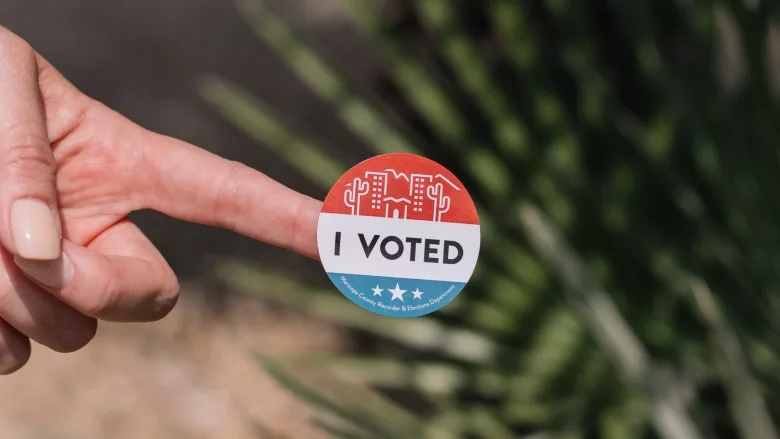Meta releases election security plan ahead of 2022 midterms

Image from Unsplash
Social media plays a role in elections around the globe. From international elections to the 2020 U.S. presidential election, social media websites have been criticized for spreading misinformation and disinformation, sparking a conversation about content moderation.
According to a report from Avaaz, Facebook's content moderation policies could have prevented over 10 billion views of misinformation from pages that frequently shared inaccurate information related to the 2020 election had the social media site's emergency election moderation policies been enacted earlier.
Meta released their plan for limiting misinformation during the upcoming 2022 U.S. midterm elections. The platform says their main priorities for the 2022 midterms are preventing voter interference, promoting reliable information and increasing transparency around political advertisements.
According to the social media platform, they investigate both foreign and domestic attempts to interfere with U.S. elections and have banned over 270 white supremacist organizations from Facebook. Public-private partnerships are a main priority for election security, and Meta partners with the Cybersecurity and Infrastructure Security Agency (CISA), local and state governments and other industry peers in their election security efforts, according to the platform.
To combat misinformation, Meta will partner with local and state governments to alert users of accurate voting information, as well as remove false content related to the elections, including inaccurate polling locations, dates, times and voting qualifications. Meta will allow political ads to run prior to the election, but will not allow new advertisements to be created in the week before midterms.
Looking for a reprint of this article?
From high-res PDFs to custom plaques, order your copy today!






